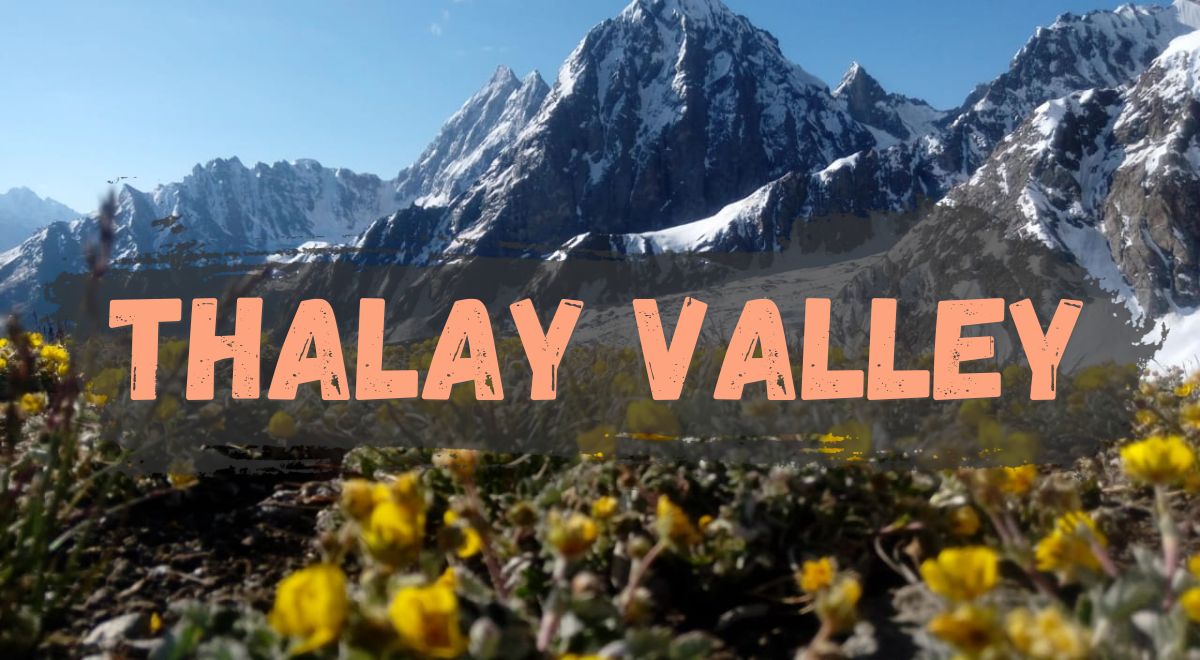
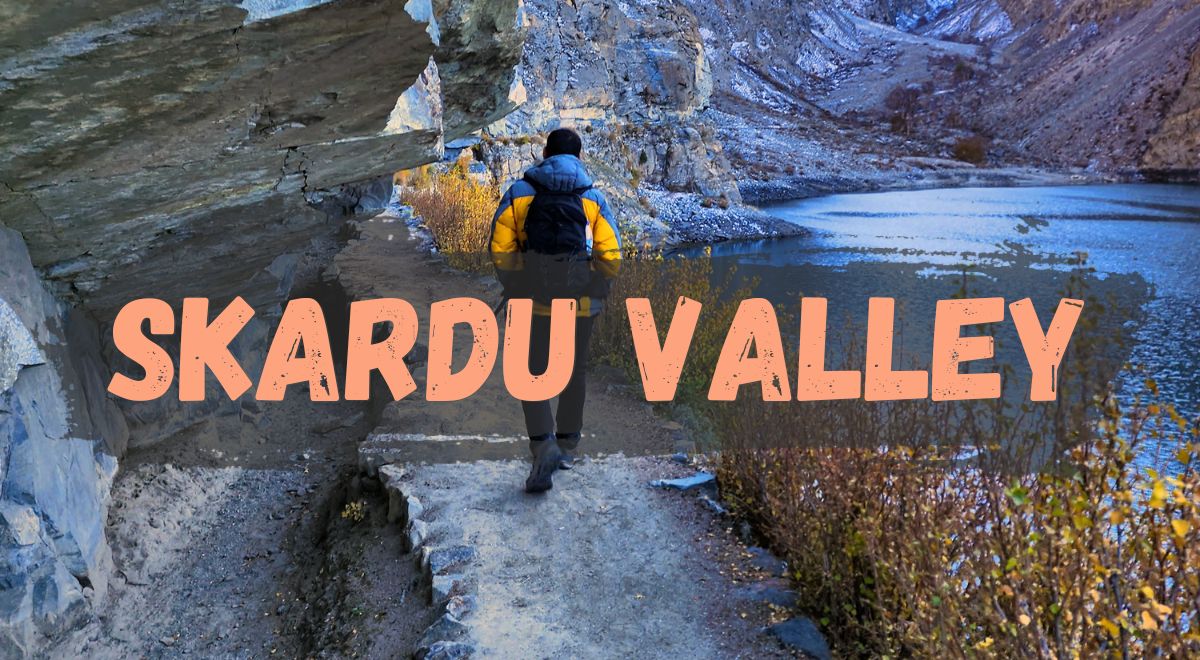
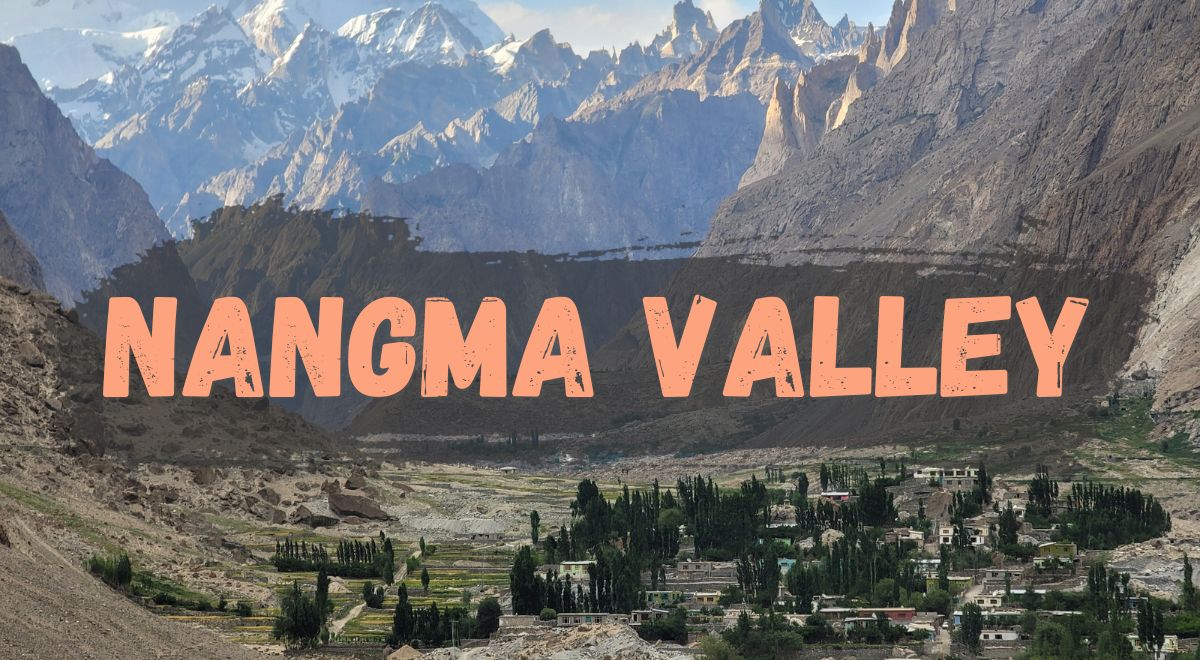
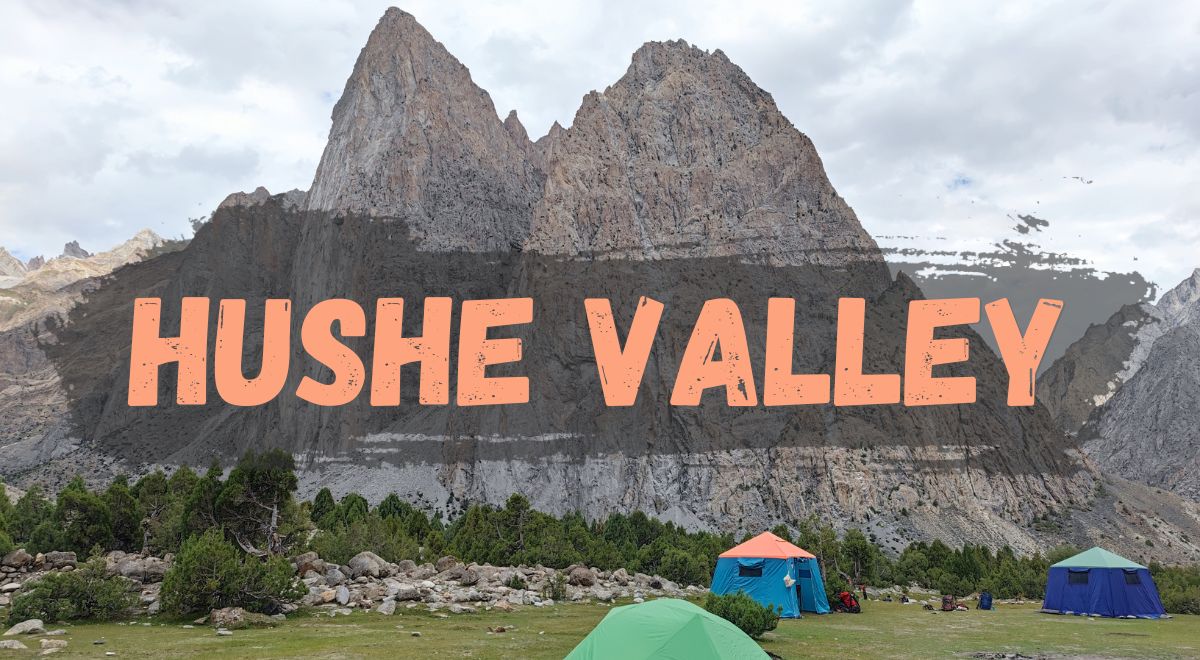
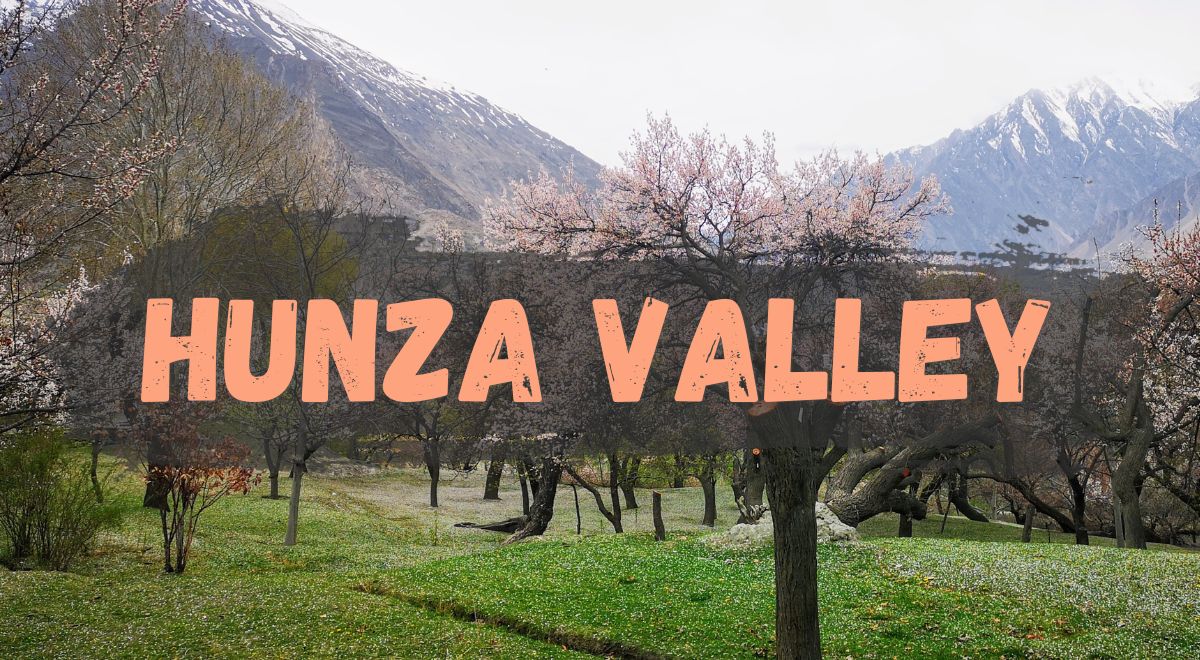
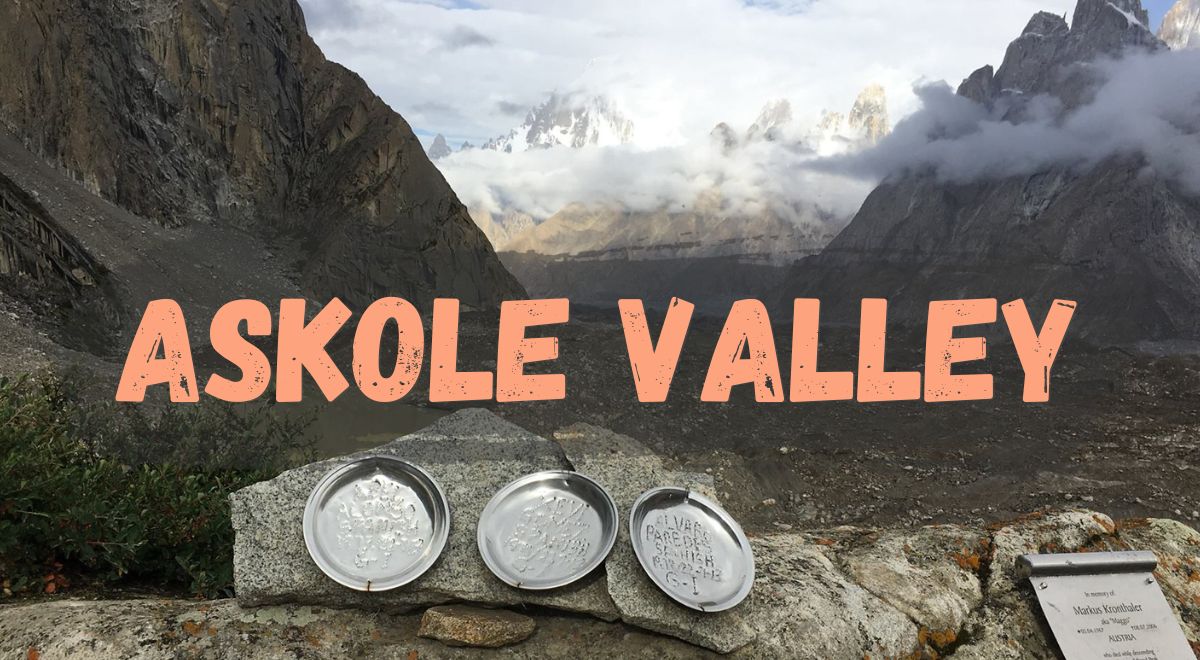
Trekking to high altitude (generally this means above 2500 meters) involves additional risk not normally associated with lower-level treks. This is not something that should prevent you from undertaking a trek. However, before embarking on such a holiday, it makes sense to learn about the dangers inherent in trekking at high altitudes and also the ‘golden rules' to prevent Acute Mountain Sickness (AMS).
For each of our holidays, the maximum altitudes attained are listed on the website and in the heading of the individual Trip Notes. In addition, the altitudes of each camp and each pass are listed in the daily itinerary. You should read the Trip Notes carefully and use your judgment to gauge whether your chosen holiday is suitable for your level of experience. If you have any doubts at all you should contact our office. Our experienced staff is more than happy to talk about altitude-related issues during our holidays.
The human body is capable of adapting to a very wide range of barometric pressures. This adaptation process is known as acclimatization and it does take time. The most important rule is to gain height slowly and it is generally accepted that the maximum safe altitude gain in any one day is 500 meters once above 2500 meters. Where this is not possible, then it is important to have a rest or acclimatization day at the new altitude before gaining further height. In general the maxim ‘climb high and sleep low' applies. It is perfectly acceptable (and even beneficial to your acclimatization) to climb higher than 500 meters above your last camp (for example when crossing a high pass) as long as the increase in sleeping altitude remains within the above rule.
There is a correlation between daily fluid intake and successful acclimatization and you must pay particular attention to hydration during trekking at high altitudes. On treks to 3000 meters and above most people will need to drink between 4 and 6 liters each day to achieve suitable hydration levels and you must adopt a responsible approach to achieving this target.
Before embarking on a trek to high altitude it is important that you familiarize yourself with the signs and symptoms of Acute Mountain Sickness (AMS) and that you report any illness to your tip leader straight away. See the links at the bottom of this page for further reading on AMS.
There are a number of untested herbal remedies which claim to prevent mountain sickness. However, only one drug is currently known to have a useful role in preventing AMS and to be safe for this purpose: acetazolamide (Diamox). We recommend that you carry Diamox in your first aid kit for treks where you spend an extended period above 4000m. Diamox can only be obtained from a medical professional on prescription and it is important that you first consult your own doctor so that you know there are no contra indications with other medicines you may be taking and that you do not have an allergy to acetazolamide. Diamox commonly causes some minor side effects, such as tingling fingers and toes, or a metallic taste in the mouth, but more severe reactions are rare. On trek, the decision whether or not and when, you should take Diamox as with any drug, will rest solely with you. If you intend to take Diamox, you must familiarize yourself with the appropriate dosage and regime prior to coming on the trip. The links at the bottom of this page will provide further information on the use of Diamox as an aid to acclimatization.
Travelling to high altitudes is not something you need to be scared of. Every year thousands of people enjoy the most amazing experiences in the world's greatest mountain ranges. Altitude sickness is entirely preventable if you follow very simple rules and procedures. Please make sure you are aware of these before you travel.
SUMMARY OF DIFFICULTY
The hike up to our campsite is a moderate 6 miles and 1400ft of elevation gain. The scramble up to Pyramid Ridge can be steep and difficult, but very adventurous and with just light day packs.Hiking






Please Note: Terrain, Elevation Gain and Heights Exposure ratings reflect the section or day of the trip with the maximum difficulty of each. Much of the trip is at easier levels. See the trip itinerary for more detailed information. Backpack Weight ratings are estimates that account for Wildland-provided gear, guest clothing, personal items and a share of group food. By packing light it’s often possible to stay on the lower end of the weight range. Pack weights also decrease during the trip.
PHYSICAL REQUIREMENTS
To show the relative difficulty of our adventure holidays, each trip is graded on a scale of 1 to 10, with 10 being the most challenging. Our simple, colour-coded grade symbol provides an indication of the difficulty of each trip.
Clearly, there are many different factors that contribute to the difficulty of a particular holiday, including, length of day, terrain, type of accommodation, altitude and weather conditions. Since some of these factors are necessarily changeable, any system of grades can only provide a general indication. If you have any questions about the nature of a particular trip or its suitability for you, please read the detailed Trip Notes and if you are still unsure, please do not hesitate to contact us



GREEN 1 - 4 LEISURELY
Suitable for most people in good health, holidays at this grade include only limited amounts of activity.
YELLOW 5 - 7 MODERATE
Suitable for reasonably fit individuals, such as weekend walkers and cyclists. There can be the occasional more difficult day.
RED 08 - 10 TOUGH
Our toughest holidays, involve many long days, often in isolated areas. A high level of fitness and previous wilderness experience is essential.
SUMMARY OF DIFFICULTY
The hike up to our campsite is a moderate 6 miles and 1400ft of elevation gain. The scramble up to Pyramid Ridge can be steep and difficult, but very adventurous and with just light day packs.Hiking






Please Note: Terrain, Elevation Gain and Heights Exposure ratings reflect the section or day of the trip with the maximum difficulty of each. Much of the trip is at easier levels. See the trip itinerary for more detailed information. Backpack Weight ratings are estimates that account for Wildland-provided gear, guest clothing, personal items and a share of group food. By packing light it’s often possible to stay on the lower end of the weight range. Pack weights also decrease during the trip.
PHYSICAL REQUIREMENTS
To show the relative difficulty of our adventure holidays, each trip is graded on a scale of 1 to 10, with 10 being the most challenging. Our simple, colour-coded grade symbol provides an indication of the difficulty of each trip.
Clearly, there are many different factors that contribute to the difficulty of a particular holiday, including, length of day, terrain, type of accommodation, altitude and weather conditions. Since some of these factors are necessarily changeable, any system of grades can only provide a general indication. If you have any questions about the nature of a particular trip or its suitability for you, please read the detailed Trip Notes and if you are still unsure, please do not hesitate to contact us
Suitable for most people in good health, holidays at this grade include only limited amounts of activity.
Suitable for reasonably fit individuals, such as weekend walkers and cyclists. There can be the occasional more difficult day.
Our toughest holidays, involve many long days, often in isolated areas. A high level of fitness and previous wilderness experience is essential.